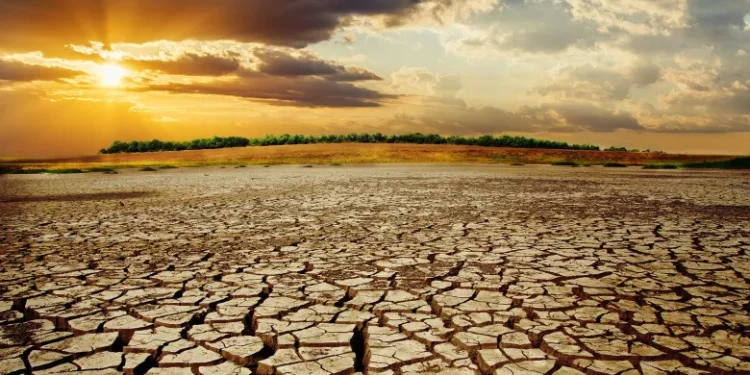Green fiscal policies imperative for Ghana’s climate resilience and economic sustainability
As climate change exacts a toll on crucial sectors like agriculture and energy, Ghana faces economic constraints stemming from the diversion of finances to combat low food production and recurrent flooding.

In the absence of a formal green fiscal policy strategy, Ghana grapples with the mounting challenges posed by climate change, according to a policy paper by IMANI Ghana. The country, while exhibiting commendable economic growth driven by petroleum production, faces a stark reality – a growth trajectory intertwined with severe environmental degradation.
According to IMANI Ghana, key fiscal policies, such as carbon tax, emissions trading systems, and feebates, are absent from Ghana’s green policy arsenal. However, existing tax instruments like the environmental excise tax, sanitation and pollution levy, and feed-in-tariffs could play a pivotal role if aligned with the Nationally Determined Contributions (NDCs).
- Advertisement -
Ghana’s fiscal policy environment offers a fertile ground for the integration of green fiscal policies, with the Public Financial Management system emerging as a key lever due to its flexibility in accommodating environmental initiatives, asserts the policy paper. The Post-Covid Programme for Economic Growth (PC-PEG) and the Climate Prosperity Plan (CPP) also present crucial opportunities to leverage fiscal policies in tandem with environmental and climate imperatives.
- Advertisement -
Regrettably, Ghana’s development plans lack alignment with the NDCs, indicating a notable gap in integrating climate targets into overarching fiscal policies. Notably, a missing link surfaces in the form of a dedicated tax regime for green businesses, leaving them exposed to the same levies as their conventional counterparts.
- Advertisement -
As climate change exacts a toll on crucial sectors like agriculture and energy, Ghana faces economic constraints stemming from the diversion of finances to combat low food production and recurrent flooding. With approximately 3.6 million people grappling with extreme hunger and 45,000 individuals affected by annual floods, climate change emerges as a potential multiplier of poverty, imperiling the nation’s economic growth.
To remedy this, Ghana must urgently establish a formal green fiscal policy, aligning it with NDCs and harnessing the potential of existing tax instruments. A dedicated tax regime for green businesses could foster sustainability, while strategic integration with the Public Financial Management system holds promise for effective implementation. Ghana’s economic future hinges on navigating these challenges, heralding a paradigm shift towards green fiscal policies as a cornerstone for sustainable development.
Source:norvanreports
- Advertisement -



